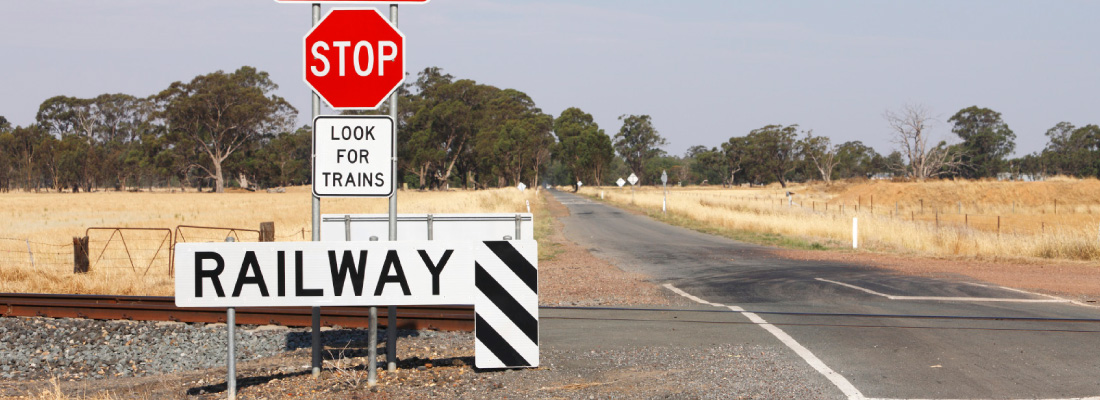March 2014

Court rejects suicide allegation
The NSW Appeal Court has agreed Vero is liable for a motor vehicle accident because it could not prove the driver intended to commit suicide when her car was struck by a train at a level crossing.
Justice Reg Barrett, with whom Justices Julie Ward and Fabian Gleeson agreed, said rolling stock owned by Rail Corporation NSW and railway infrastructure owned by NSW Transport were extensively damaged when a passenger train travelling at 134km an hour through a level crossing at Baan Baa, 38km east of Narribri, hit Phyllis Jeffries's vehicle, killing her.
Justice Barrett said primary judge Justice Peter Garling was correct in finding that, on the balance of probabilities, Mrs Jeffries did not take her own life and the May 4, 2004, collision was an accident.
Justice Garling had said Mrs Jeffries was “acting inadvertently when she allowed her car to move slowly onto the tracks. She did not place her car there deliberately”.
One witness, Donald Nott, watched the crash from the Railway Hotel bar near the level crossing. The court was told Mr Nott had been in a close personal relationship with Mrs Jeffries for almost two years until about four months before the collision.
The relationship breakdown was suggested as “an intercurrent stressor” that could have meant Mrs Jeffries was at risk of committing suicide. Mr Nott left Mrs Jeffries for another woman after Christmas 2003.
Other potential stressors were identified as a history of depressive illness, potential loss of job, probable impending financial difficulties, impending surgery, relative isolation within the broader family system, her divorced status and middle age.
After her death, a partially completed, handwritten letter to Mr Nott, in which she expressed a desire to be reconciled, was found in Mrs Jeffries's handbag. She had not given it to Mr Nott. He said they had spoken about possible reconciliation, and there was no suggestion he had ruled it out.
Justice Garling’s initial finding was: “There are a number of hypotheses about Mrs Jeffries's behaviour in the car which are consistent with misadventure, inattention or distraction. The facts do not support a hypothesis of suicide, although the possibility cannot be excluded."
Justice Barrett detailed extensive evidence given at the trial about Mrs Jeffries's state of mind at the time of the crash, including her GP's insistence he was "90%-95% certain" her death was suicide, and the opinions of three psychiatrists, Dr Phillips, Dr Skinner and Dr Klug, none of whom had treated Mrs Jeffries.
Dr Phillips and Dr Skinner agreed suicide was a rare event and frequently impossible to predict. Dr Phillips said he believed the accident at the railway crossing “had not been consciously planned in any manner". Dr Skinner disagreed, saying it was “highly probable her death was the result of an intentional act”, and Dr Klug said “the circumstances of her death are strongly suggestive of suicide”.
Justice Garling said: “The fact the psychiatrists varied in their final opinions, by regarding different factors with different weight, serves to corroborate the lack of any obvious conclusion about Mrs Jeffries's mental state at the time of the collision."
But all three psychiatrists also agreed the car's behaviour was consistent with its driver's possible misjudgement, and Justice Barrett determined the car could have inadvertently rolled into the path of the oncoming train.
Justice Garling had awarded $5.4 million to Rail Corporation and $166,270 to NSW Transport. Justice Barrett made minor variations to Justice Garling's costs orders but rejected Vero's other grounds for appeal.
(Vero Insurance Ltd v Rail Corporation NSW [2013], NSWCA 372, 12/11/13)